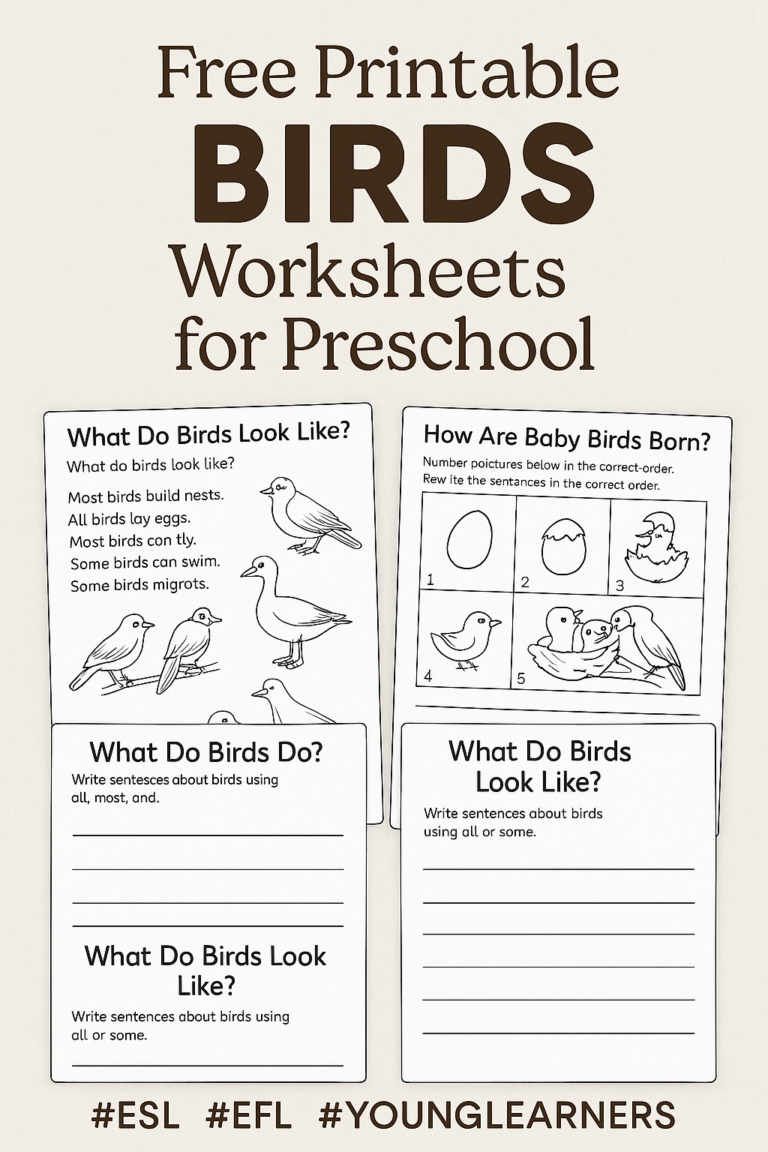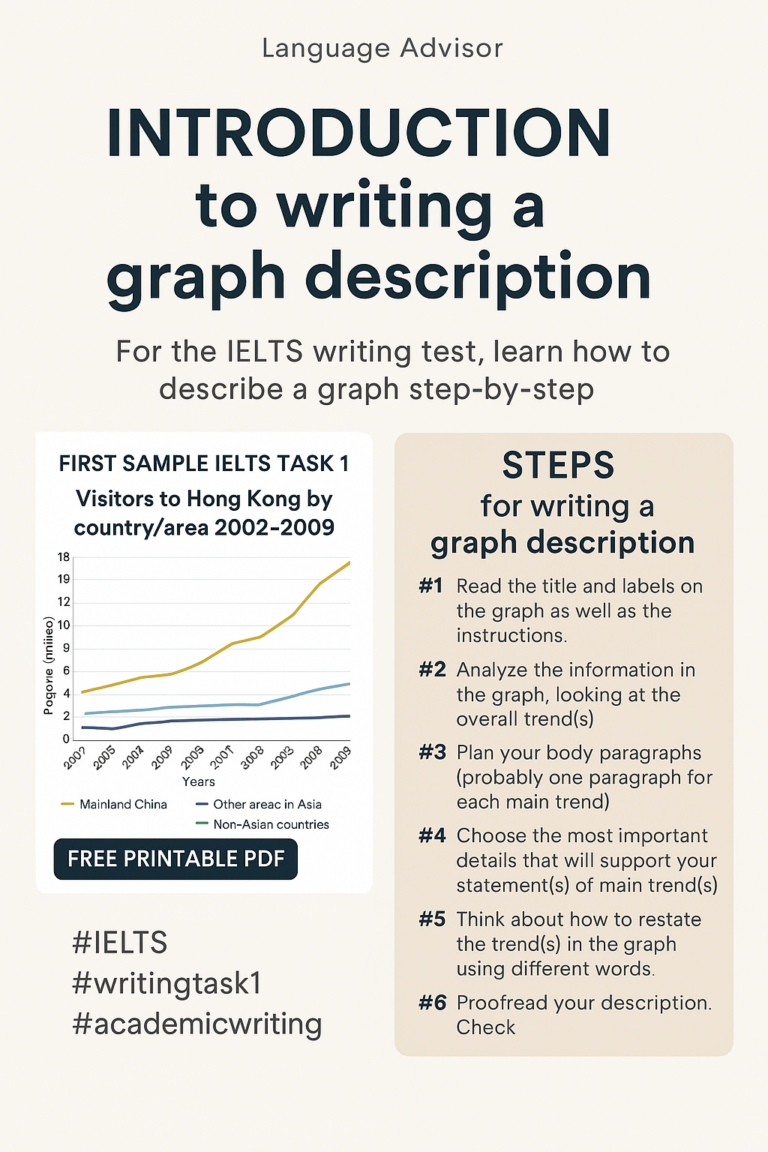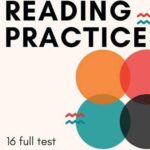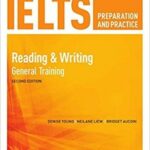IELTS General Training Writing Sample Tasks: Task 1 and task 2 with Free Printable PDF
IELTS General Training Writing

IELTS General Training Writing
Preparing for the IELTS General Training Writing section is essential for achieving a high score on the test. This section assesses your ability to write clearly and effectively in English, covering everyday topics and issues. It consists of two tasks that must be completed within 60 minutes. This blog post will explore the different types of tasks you might encounter and provide strategies to tackle them successfully.
Understanding the Format
The IELTS General Training Writing test consists of two tasks:
- Task 1: You are required to write a letter in response to a given situation. This task should be completed in about 20 minutes, and you need to write at least 150 words.
- Task 2: You need to write an essay in response to a point of view, argument, or problem. You should spend about 40 minutes on this task and write at least 250 words.
Task 1: Writing a Letter
In Task 1, you will be presented with a situation and asked to write a letter to someone. The type of letter could be formal, semi-formal, or informal, depending on the context.
Types of Letters and Tips for Each
- Formal Letters
- Situations: Complaints, applications, requests for information, etc.
- Tips:
- Use formal language and polite tone.
- Clearly state the purpose of the letter.
- Organize your letter with a clear structure: opening, body, and closing.
- Include relevant details to support your request or complaint.
- Semi-formal Letters
- Situations: Writing to a colleague, landlord, or acquaintance.
- Tips:
- Use a moderately formal tone.
- Be clear and concise.
- Include all necessary information relevant to the situation.
- End with a polite closing.
- Informal Letters
- Situations: Writing to a friend or family member.
- Tips:
- Use a friendly and conversational tone.
- Personalize your letter with anecdotes or personal experiences.
- Maintain a clear structure: opening, body, and closing.
- Use informal language and expressions, but avoid slang.

Task 2: Writing an Essay
In Task 2, you are asked to write an essay in response to a given topic. This task tests your ability to present a clear argument, support it with evidence, and write coherently.
Common Essay Types and Tips for Each
- Opinion Essays
- Tips:
- Clearly state your opinion in the introduction.
- Support your opinion with reasons and examples.
- Address opposing viewpoints and refute them.
- Conclude by summarizing your main points and restating your opinion.
- Tips:
- Discussion Essays
- Tips:
- Present both sides of the argument.
- Provide evidence and examples for each side.
- Conclude by giving your own opinion or summarizing both perspectives.
- Tips:
- Problem-Solution Essays
- Tips:
- Describe the problem clearly in the introduction.
- Discuss possible solutions and their implications.
- Conclude by summarizing the problem and the most effective solution.
- Tips:
- Advantage-Disadvantage Essays
- Tips:
- Introduce the topic and state that you will discuss both advantages and disadvantages.
- Present the advantages with supporting evidence.
- Discuss the disadvantages with examples.
- Conclude by summarizing the main points or stating your opinion.
- Tips:
General Writing Tips
Plan Your Response
- Spend a few minutes planning your response for both tasks.
- Outline the main points you want to include.
- Organize your ideas logically.
Use Clear and Precise Language
- Avoid overly complex sentences that might confuse the reader.
- Use a range of vocabulary and grammatical structures.
- Ensure your writing is coherent and flows smoothly.
Stay Within the Word Limit
- For Task 1, write at least 150 words.
- For Task 2, write at least 250 words.
- Practice writing within these limits to manage your time effectively during the test.
Check Your Work
- Reserve a few minutes at the end to review your writing.
- Check for any grammatical errors or spelling mistakes.
- Ensure your sentences are clear and your ideas are well-expressed.
Mastering the IELTS General Training Writing section requires practice, strategy, and attention to detail. By familiarizing yourself with the different types of tasks and applying these tips, you can improve your writing skills and boost your confidence. Remember, practice makes perfect, so make use of sample tasks and past papers to hone your abilities. Good luck with your IELTS preparation!

Sample Scripts

Task 1

Task 2

Also check out these resources to successfully prepare for IELTS












